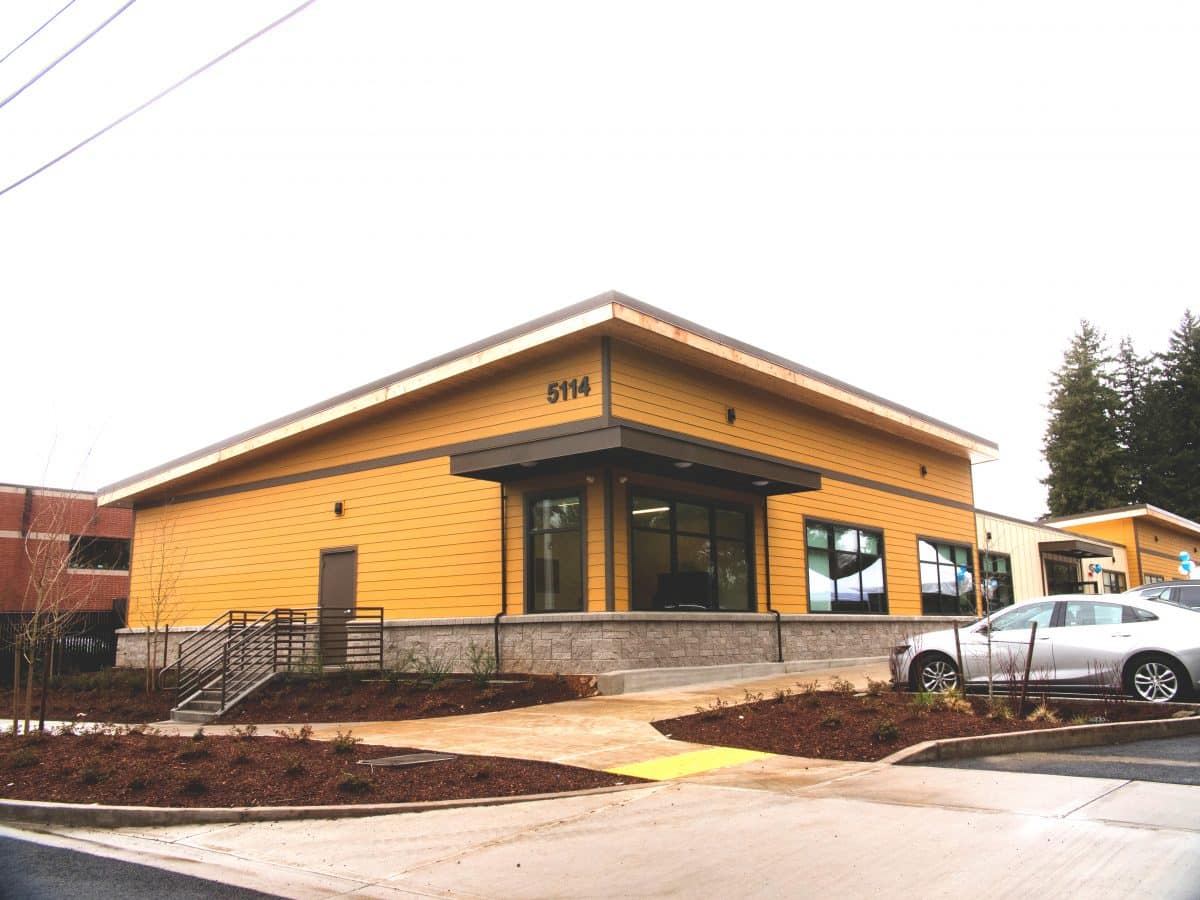South San Francisco Drug & Alcohol Rehab, Detox & Treatment Resources
Sitting in a small valley just north of San Bruno and east of the Coast Bridge is South San Francisco. Visitors frequent the area from around the world via nearby San Francisco International Airport. Residents and tourists can easily travel from South San Francisco to nearby downtown San Francisco using the city’s shuttle service that connects to BART stations for a variety of activities such as shopping, dining and entertainment.
Sadly, not all the popular entertainment choices in South San Francisco are legal or healthy. Much like the rest of the country, the city is experiencing a growing alcohol and substance abuse problem that shows no signs of slowing down. Along with opioids like prescription pain pills andheroin, alcohol,methamphetamineand even hallucinogen misuse is a troubling trend in the West Coast city.
Fortunately, there are various drug and alcohol treatment facilities in South San Francisco. Additionally, there are resources across the state to help people that want to stop using alcohol and drugs. Professionals understand that substance misuse isn’t a crime or a lapse in morality. Instead, it’s a chronic disease that needs to be treated the same as other diseases — with regular care to reduce the chances of a relapse. Learn about the differenttreatment options availableto help you or a loved one find the right path to sober living.
Finding Help in South San Francisco
Choosing the right type of rehab facility for your addiction is a major step in your recovery. Review the different programs and ask questions before making a decision that affects your future. Learn about the type of treatment, the evidence that supports the program, how the facility adapts to patients’ changing needs and what kind of aftercare is offered.
South San Francisco Drug & Alcohol Detox Centers
Detoxification is a vital part of your recovery. Before you can learn to live without alcohol and drugs, you need to rid your body of them. As the substances leave your body, you will experience withdrawal symptoms that can vary in severity. By attending a hospital setting, like a drug or alcohol detox center with a full medical staff to monitor your vitals, it will be easier to get through the detox process. This has been shown to increase the chances of a successful recovery.
It’s important to remember that addiction is complicated, and not all treatments work for everyone. Choosing a treatment facility is a big step in your recovery, and the decision shouldn’t be made without thorough research and thought about which program meets your needs. Although there are many great options for drug rehab in South San Francisco, there’s nothing wrong with searching outside the city’s boundaries to find a facility that fits you. Depending on your resources, it may be necessary to seek treatment at a reputable, national clinic with a caring and professional staff.







